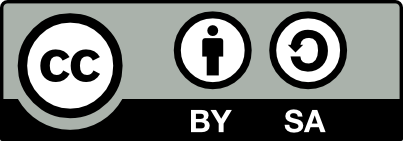Measuring woke culture in universities: a diagnostic approach
Artykuł w czasopiśmie
MNiSW
140
Lista 2023
| Status: | |
| Autorzy: | Rzepka Agnieszka, Fazlagić Alejandro, Ahamed Imdiyas |
| Dyscypliny: | |
| Aby zobaczyć szczegóły należy się zalogować. | |
| Rok wydania: | 2023 |
| Wersja dokumentu: | Drukowana | Elektroniczna |
| Język: | angielski |
| Numer czasopisma: | 5 |
| Wolumen/Tom: | 54 |
| Strony: | 488 - 509 |
| Efekt badań statutowych | NIE |
| Materiał konferencyjny: | NIE |
| Publikacja OA: | TAK |
| Licencja: | |
| Sposób udostępnienia: | Otwarte czasopismo |
| Wersja tekstu: | Ostateczna wersja opublikowana |
| Czas opublikowania: | W momencie opublikowania |
| Data opublikowania w OA: | 18 grudnia 2023 |
| Abstrakty: | angielski |
| This paper aims to present a synthetic diagnostic tool for assessing wokeism in universities, offering a comprehensive framework derived from an extensive litera- ture review. The purpose is to measure and evaluate the level and impact of wokeism, identifying strengths and weaknesses within university contexts.The framework devel- opment involves defining dimensions and indicators of wokeism, collecting and ana- lyzing data through diverse sources like surveys and interviews, scoring and ranking wokeism levels, and interpreting and reporting the results. The approach encompasses aspects such as awareness, activism, inclusivity, diversity, and justice. This paper acknowledges its contributions while recognizing inherent limitations. It provides examples of applying the diagnostic tool, offering practical insights into measuring wokeism within universities. The results highlight the need for refinement, validation, and future research to enhance the robustness of the assessment. While the paper successfully introduces a valuable tool for assessing wokeism, it underscores the importance of addressing limitations. These include the broad definition employed, reliance on secondary sources, subjective scoring systems, and ethical challenges. The discussion emphasizes the necessity of refining definitions, validating measurement tools, and applying rigorous methods for a nuanced understanding of wokeism in academic settings. In conclusion, this paper contributes a valuable synthetic diagnostic tool for assessing wokeism in universities, encouraging future research and refinement to ensure its validity and applicability. The discussion opens avenues for enhancing the understanding and evaluation of woke culture within academic institutions. |

